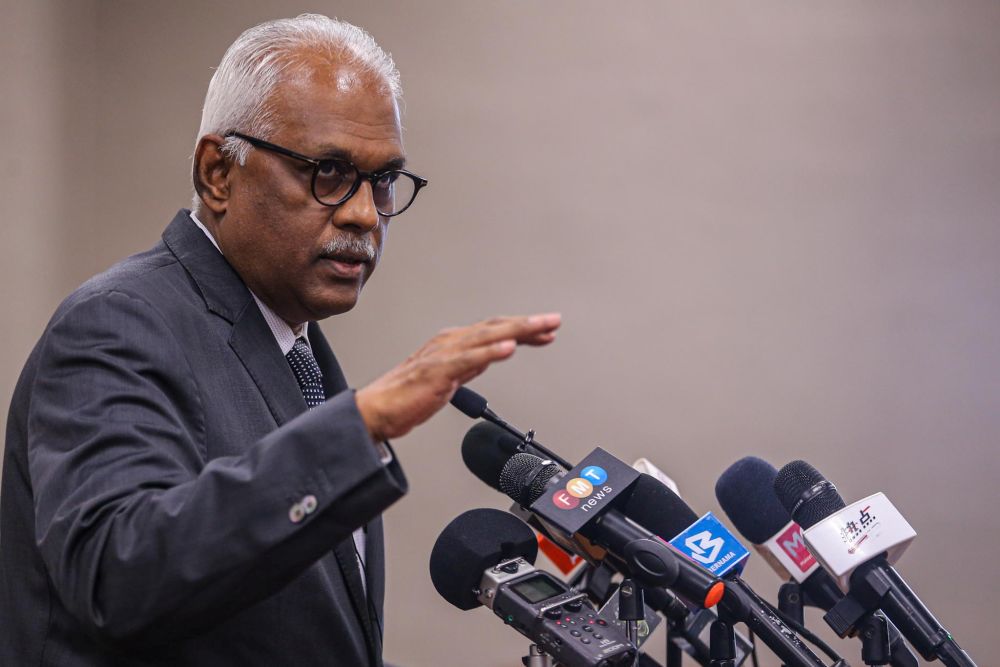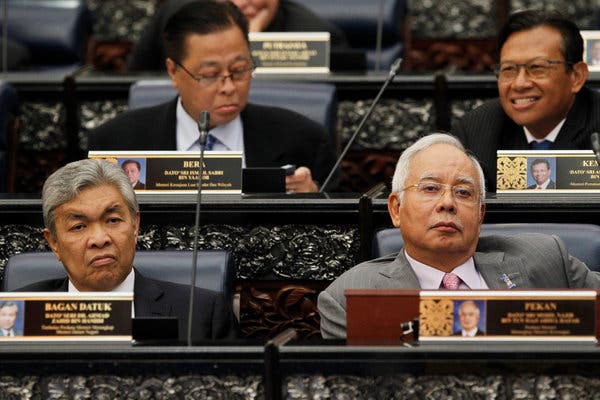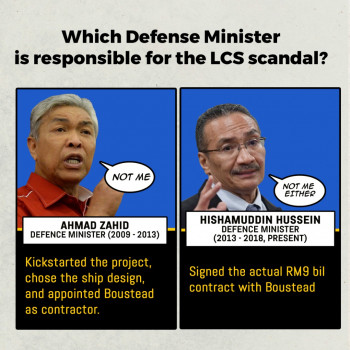
Many years ago, a friend persuaded me to give meditation a try. While sitting up straight, eyes closed, and mind focused on repetitive chants were a challenge, I learned something new: anger is low-vibrating energy, negative energy. Being grounded, calm, and Zen-like was the ultimate aim.
In retrospect, while I understand this could very well be true in a spiritual sense, collective anger, humiliation, and frustration are the fuel for fundamental transformations in societies.
Whether it’s the drumbeat of pots and pans in Myanmar; India’s forgotten freedom fighters such as Aruna Asaf Ali; the man who stood before a military tank in China, or the Ukrainians who refuse to budge from their homeland: intense emotions push people to go beyond themselves to fight against injustice.
As a little boy, I have heard about collective anger against the Japanese Occupation from my grandmother. She was soft-spoken and all-loving that it was difficult to visualise her rage. “It’s the good kind of anger against violence, impunity and for our rights,” she assured me.
I had seen the outcome of such anger while growing up: from the time I was organising workers as a teenager to the events that unfolded when I entered politics.

We have seen collective emotions clash with acts of impunity. Young people have used social media, memes and street protests to speak truth to power.
Despite threats and intimidation, they took to the streets demanding the resignation of Azam Baki after a whistle-blower exposed that the MACC chief owned shares in two companies that breached civil service rules that bar officials from owning more than 100,000 ringgit in any company.
Fahmi Reza calls out corruption and abuse of power despite charges piling upon him and the never-ending investigations.
Young activists actively question the ten deaths in police custody in these last two months.
They are frustrated at increasing food prices, job and income losses, a fast-sliding economy, political instability and a government that’s incapable of addressing any of these issues.
A few hundred kilometres from Kuala Lumpur, the federal capital, we see impunity on display once more.
Or rather a politician who has acted with impunity stretching himself into the lives of Johoreans. Former Prime Minister, Najib Razak, has fashioned himself as the beloved leader. His social media handles have nauseating pictures of himself ingrained into the different communities, campaigning for UMNO in the upcoming state elections.
It’s ironic, isn’t it that while a mum who stole milk powder ends up in prison, this convicted felon plays saviour? But for how long would he be able to dupe the voters? Through how many more power struggles would UMNO stay corrupt? How many more activists jailed by the system would it take to dismantle abuse of powers?
Thirty per cent of Johor’s 2.4 million voters are under 21. I feel an enormous sense of relief knowing that these young voters would be able to “speak the language” of Johoreans and help them see through the false promises and empty words; to sieve out the inner motivations of political longevity at whatever cost.
This thought alone makes me hopeful that our work would continue beyond ourselves, by young people who believe things could change for the better in our country.
Charles Santiago
Member of Parliament Klang



